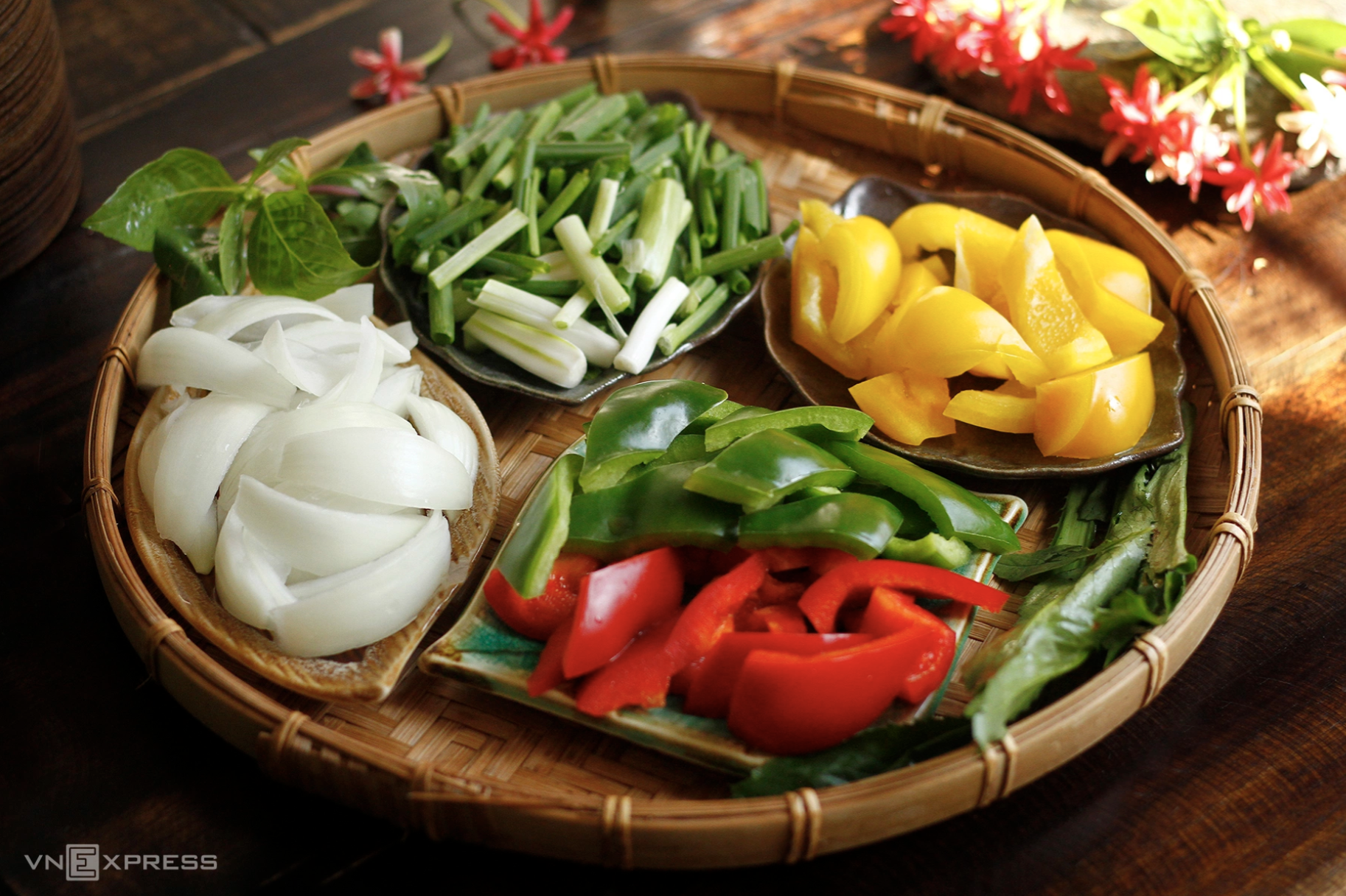Maintaining healthy kidneys is crucial for overall well-being. These organs play a vital role in filtering waste, regulating fluids, and balancing electrolytes.
Kidney disease is on the rise, and lifestyle factors, including diet, play a key role. While some foods can harm the kidneys, others can boost their health and prevent disease.
Here are 5 superfoods, scientifically proven, to help optimize kidney health.
Blueberries
Blueberries are rich in antioxidants, such as anthocyanins, which help fight oxidative stress that can damage kidney cells. Studies have consistently shown that consuming blueberries can reduce markers of inflammation in kidney patients. Proanthocyanidins, flavanols, and phenolic acids also offer health benefits.
A 2014 study found that blueberries protect against chronic kidney disease related to metabolic syndrome (MetS) by reducing inflammation.
Additionally, blueberries are low in potassium and phosphorus, making them excellent for the kidneys.
Salmon
Fatty fish like salmon are excellent sources of omega-3 fatty acids, which can reduce inflammation and protect kidneys from damage. Studies have shown that regular omega-3 supplementation helps reduce proteinuria (excess protein in the urine) in patients with kidney disease.
Salmon is also a high-quality protein source, beneficial for your heart, brain, eyes, inflammation, and overall health. Wild-caught salmon is even better due to its lower contaminant levels.
 |
Red bell peppers are great for kidney health. Photo: Bui Thuy |
Kale
Kale is rich in vitamins A, C, and K. This leafy green is linked to lower blood pressure. Its fiber content helps remove toxins from the body.
You can incorporate kale into your daily diet through salads or smoothies. However, it may not be suitable for those with pre-existing kidney conditions.
Red Bell Peppers
Red bell peppers are excellent for kidney health, being low in potassium but rich in vitamins C, A, and fiber. They also contain vitamin B6 and folic acid.
Red bell peppers can be eaten raw with dips as a snack, roasted, stir-fried, and added to salads or sandwiches.
Cauliflower
Cauliflower is low in potassium and high in fiber, boosting kidney health by improving digestion and reducing toxin buildup. Eating this vegetable can also lower blood pressure and improve cardiovascular health.
Cruciferous vegetables like cauliflower may reduce the risk of kidney stones thanks to their sulfur compounds.
My Y (According to Times of India)












